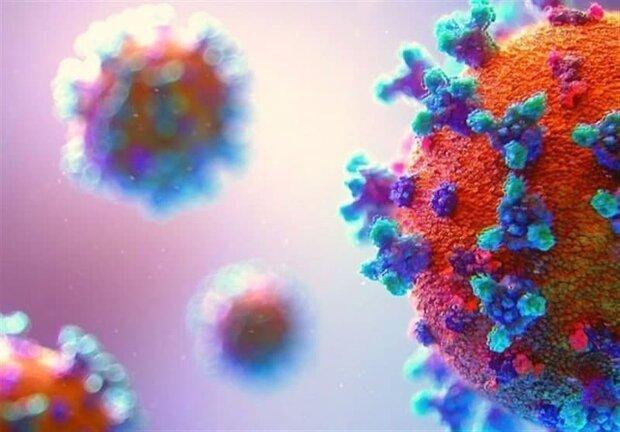Researchers say COVID-19 can affect brain
For more than a year now, scientists have been racing to understand how the mysterious new virus that causes COVID-19 damages not only our bodies but also our brains, the Science News reported.
Early in the pandemic, some infected people noticed a curious symptom: the loss of smell. Reports of other brain-related symptoms followed: headaches, confusion, hallucinations, and delirium. Some infections were accompanied by depression, anxiety, and sleep problems.
Recent studies suggest that leaky blood vessels and inflammation are somehow involved in these symptoms. But many basic questions remain unanswered about the virus, which has infected more than 145 million people worldwide. Researchers are still trying to figure out how many people experience these psychiatric or neurological problems, who are most at risk, and how long such symptoms might last.
"For more than a year now, scientists have been racing to understand how the mysterious new virus that causes COVID-19 damages not only our bodies but also our brains, the Science News reported.Early in the pandemic, some infected people noticed a curious symptom: the loss of smell"And details remain unclear about how the pandemic-causing virus, called SARS-CoV-2, exerts its effects.
“We still haven’t established what this virus does in the brain,” says Elyse Singer, a neurologist at the University of California, Los Angeles. There are probably many answers, she says. “It’s going to take us years to tease this apart.”
For now, some scientists are focusing on the basics, including how many people experience these sorts of brain-related problems after COVID-19.
A recent study of electronic health records reported an alarming answer: In the six months after infection, one in three people had experienced a psychiatric or neurological diagnosis. That result, published April 6 in Lancet Psychiatry, came from the health records of more than 236,000 COVID-19 survivors. Researchers counted diagnoses of 14 disorders, ranging from mental illnesses such as anxiety or depression to neurological events such as strokes or brain bleeds, in the six months after COVID-19 infection.
Lingering questions — what the virus actually does to the brain, who will suffer the most, and for how long — are still unanswered, and probably won’t be for a long time.
The varied and damaging effects of lockdowns, the imprecision doctors and patients use for describing symptoms (such as the nonmedical term “brain fog”) and the indirect effects the virus can have on the brain all merge, creating a devilishly complex puzzle.
For now, doctors are busy focusing on ways in which they can help, even amid these mysteries, and designing larger, longer studies to better understand the effects of the virus on the brain.
HJ/PR
Related news
Other news on this day
Copyright © 2001-2025 - Sarkhat.com - About Sarkhat - News Archive - جدول لیگ برتر ایران






